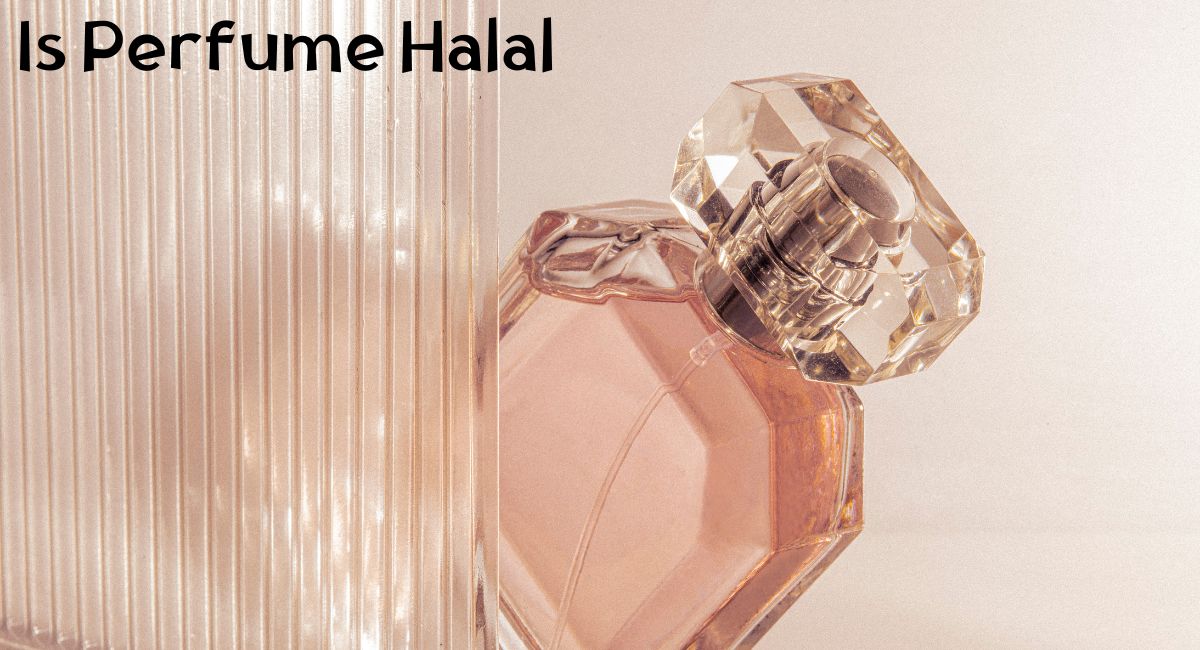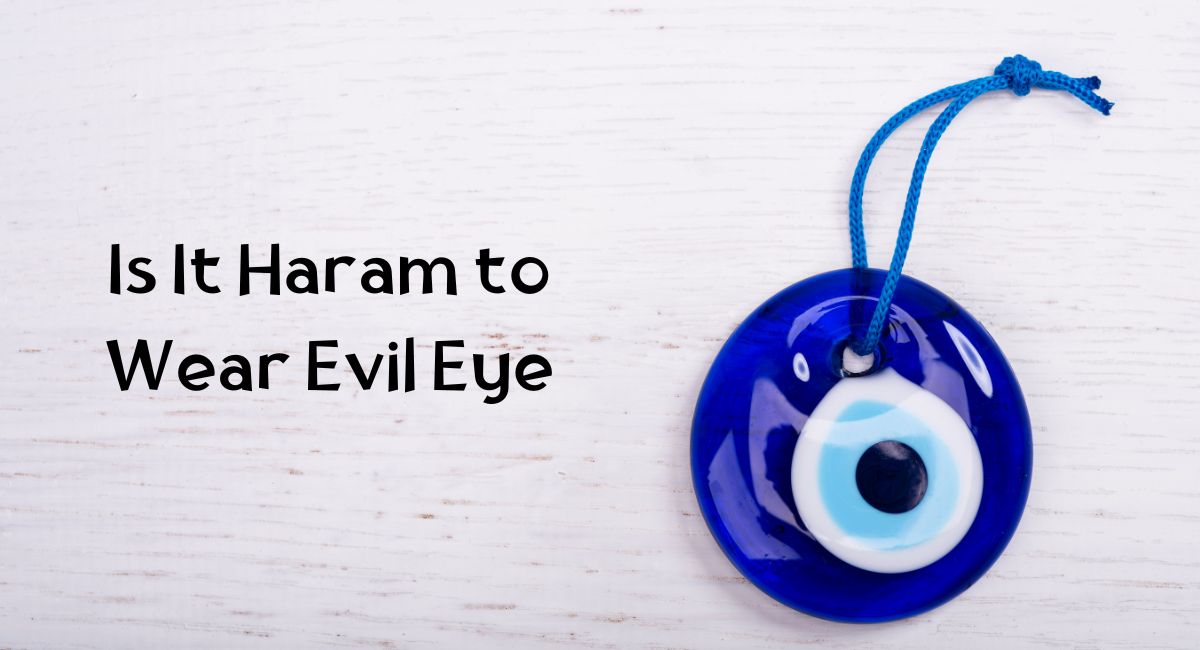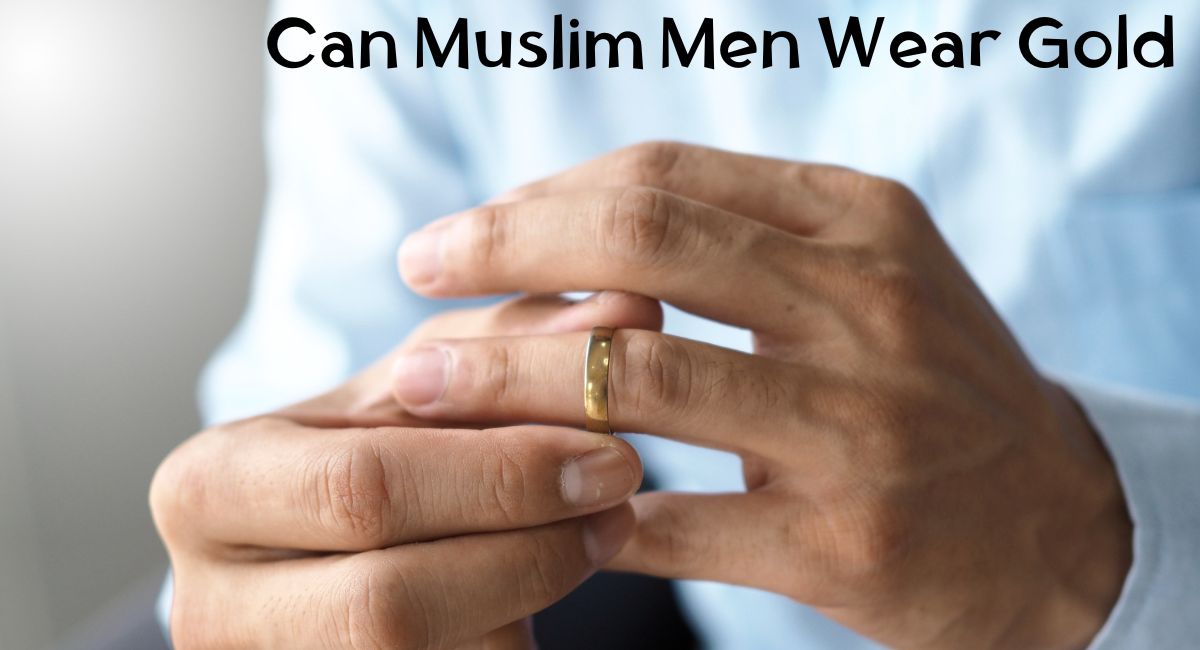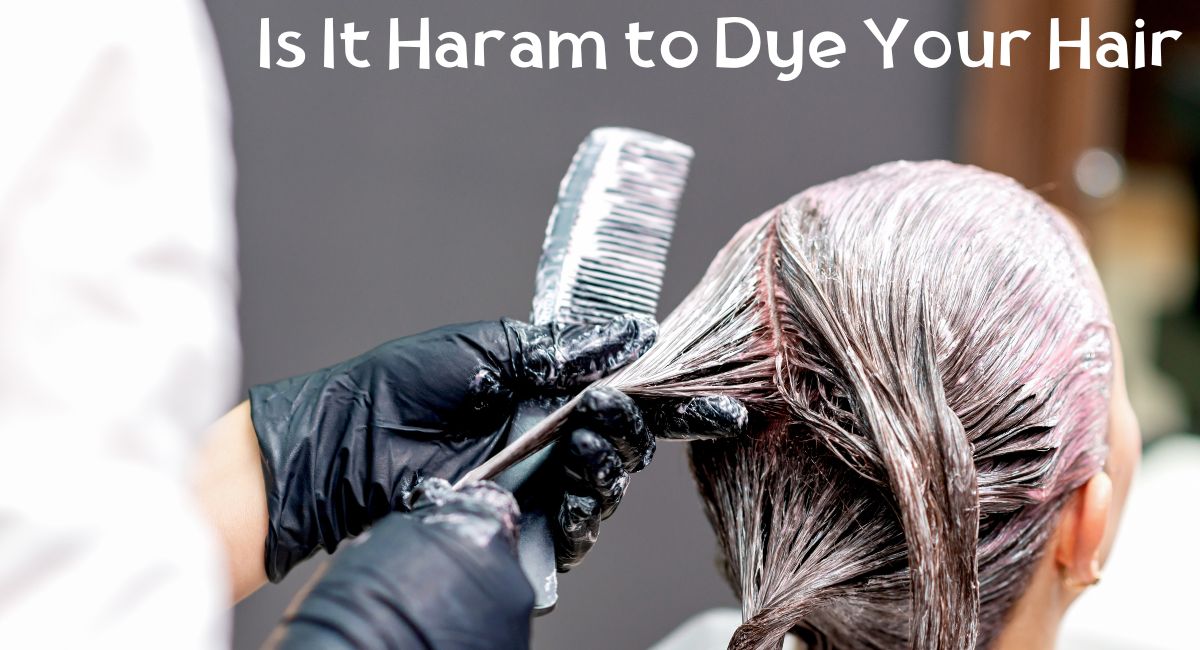Importance of Perfume in Islam
Perfume holds a special place in the teachings of Islam and plays a significant role in Muslim culture. It is not merely a means to emit a pleasant fragrance but holds deeper symbolism and reverence. A rich tradition of using perfume can be traced back to the time of the Prophet Muhammad (peace be upon him), as mentioned in various hadiths and sunnahs (actions of the Prophet).
The Prophet’s Love for Perfume
The Prophet Muhammad (peace be upon him) had a profound appreciation for good fragrances. He would cleanse himself with water, perform ablution (wudu), and then apply perfume before leaving his home. He strongly advocated the use of perfume, for it not only refreshed one’s body but also uplifted the spirit.
In a narration by Abdullah ibn Umar, the Prophet (peace be upon him) said, “Angels are offended by foul odors the same way humans are.” This hadith underscores the significance of maintaining personal hygiene, including the use of perfume.
Perfume as a Symbol of Purity
In Islam, perfume has also been associated with purity, both physically and spiritually. The use of fragrance is often associated with cleanliness, and Muslims are encouraged to present themselves in the best possible manner when engaging in acts of worship.
The Prophet Muhammad (peace be upon him) once said, “He who has in his heart an atom’s weight of pride shall not enter Paradise.” So, a man questioned, “What if he likes his clothes and shoes to look good?” The Prophet replied, “Indeed, Allah is beautiful and loves beauty. Pride means denying the truth and looking down on people.” This indicates that dressing well and using perfume is not a sign of arrogance but rather a reflection of one’s appreciation for beauty.
Perfume during Prayer
The use of perfume holds particular significance during prayer. Before beginning their daily prayers, Muslims are encouraged to apply fragrance to their clothing or bodies. This practice helps prepare the worshipper to enter into a state of tranquility and devotion.
In a narration, Anas bin Malik reported that the Prophet Muhammad (peace be upon him) said, “The one who observes prayer in congregation will have twenty-five times more reward than one who prays alone. The angels of the night and the angels of the day gather up for the Fajr (dawn) prayer and the Asr (afternoon) prayer. If they knew what (reward) is with them, they would come to attend (prayers) even if they had to crawl.” The act of applying perfume before prayer can enhance the connection between the worshipper and the divine, making the prayer experience even more fulfilling.
Spreading Fragrance for Joy and Brotherhood
Perfume not only uplifts the individual wearing it but also spreads joy and positivity to those around. In Islam, strengthening the bonds of friendship, love, and brotherhood is highly encouraged. The Prophet Muhammad (peace be upon him) would often apply perfume and offer it to others, exemplifying the spirit of generosity and unity.
In a famous hadith, Aisha (may Allah be pleased with her) narrated that the Prophet (peace be upon him) said, “The people of the strongest fragrance on Resurrection Day will be the ones who have filled their clothes with fragrance in this world.” This hadith emphasizes the positive impact of perfume, reflecting the beauty of one’s character and actions.
Is Perfume Halal
When it comes to perfumes, the question of whether they are halal is multifaceted, involving considerations of ingredients, alcohol content, and the intention behind wearing fragrances.
Ingredients and Alcohol Content
A key factor in determining if a perfume is halal is its ingredients. Many traditional perfumes contain alcohol, specifically ethanol, which is a point of debate among Islamic scholars. Alcohol is generally considered haram when ingested, as it is an intoxicant. However, when it comes to external use, such as in perfumes, opinions diverge.
Some scholars contend that since perfume is not ingested and its alcohol content doesn’t lead to intoxication, it is permissible to wear. Others take a more conservative approach, arguing that any derivative of alcohol should be avoided, advocating for alcohol-free perfumes.
To cater to the concerns of the latter group, many brands now offer halal-certified perfumes that are free from alcohol and use ingredients that have been deemed permissible under Islamic law.
Another factor is the source of the scent itself. Fragrances derived from impure sources, such as animals forbidden to be eaten in Islam (e.g., dogs or pigs), or extracts containing animal by-products that are not slaughtered according to Islamic rites, would be considered non-halal.
Therefore, perfumes containing musk obtained from an endangered species of deer, ambergris from whales, or other animal-derived substances without ethical sourcing and Islamic slaughtering practices would also be non-halal.
Intention and Usage
In Islam, wearing perfume is encouraged as part of personal hygiene and etiquette, especially before attending congregational prayers. However, the intention behind using perfume is crucial.
It should be to seek cleanliness and the pleasure of Allah, rather than to attract attention or seduce others, which could lead to behavior deemed inappropriate in Islam. Furthermore, Muslim women are advised to refrain from wearing strong perfumes in public to avoid drawing attention.
Certification and Labelling
To assist Muslims in choosing appropriate perfumes, there has been an increase in halal-certified products. These products undergo rigorous checks to ensure that they comply with Islamic principles. Halal certification is provided by various organizations that verify the ingredients, processing methods, and production facilities are free from any haram substances.
For Muslims concerned about adhering to halal practices, it is essential to educate oneself about the ingredients present in perfumes and seek out reputable halal certifications. This due diligence is a part of being a conscientious consumer compatible with one’s religious beliefs.
Is Wearing Perfume While Praying Halal
In Islamic law (Sharia), the use of perfume by itself is generally halal (permissible), and many Muslims do use perfume regularly. However, whether it’s appropriate to wear perfume while praying depends on the context and the type of perfume used.
For men, wearing perfume is encouraged when attending communal prayers, especially the Friday Jumu’ah prayer, as it is from the Sunnah (teaching and practices of the Prophet Muhammad) to wear perfume and clean clothes when gathering for the prayer.
For women, the instructions differ slightly based on Islamic jurisprudence. While using perfume is not forbidden, women are generally advised against wearing strong perfume that may draw attention when they are outside the home or going to the mosque, as it might distract others during prayer.
In some Islamic traditions, it is recommended for women to avoid wearing strong perfume when attending the mosque so as not to attract attention in a way that could be considered against the principles of modesty.
It’s important to note that interpretations and practices can vary among different scholars, regions, Islamic sects, and communities. If a person has specific concerns about the use of perfume in the context of their religious practices, it is best for them to consult with a knowledgeable religious authority or scholar within their particular tradition.
Is Alcohol Denat in Perfume Halal
Alcohol denat, or denatured alcohol, is ethanol (the type of alcohol commonly found in beverages) that has been modified to make it unsuitable for human consumption.
This modification typically involves the addition of additives like methanol, isopropyl alcohol, acetone, methyl ethyl ketone, or denatonium, which impart a bitter taste, foul smell, or toxic properties to discourage recreational consumption. It is widely used in cosmetics, personal care products, cleaning agents, and as a solvent.
The use of denatured alcohol (alcohol denat) in perfumes and its permissibility in Islam varies depending on the interpretation of Islamic law. The key points to consider are source and percentage of the alcohol.
Source of the Alcohol: If the alcohol in the perfume is derived from dates, grapes, or raisins, it is considered najis (impure) and haram, and thus prohibited. However, many modern alcohols used in perfumes are not derived from these sources and are generally considered permissible.
Percentage of Alcohol: If the perfume contains a very small percentage of alcohol (5% or less), it is generally considered permissible to use without concern. This is because the low concentration is unlikely to cause intoxication.
Frequently Asked Questions
What is the source of alcohol used in perfumes?
Is Perfume Haram In Ramadan?
At the end of the day, there is no clear line between what is halal (permissible) and haram (forbidden). One must use their own discretion when deciding whether or not to wear perfume during Ramadan.
what is the source of alcohol used in perfumes is bella vita perfume halal is fogg perfume halal is oud perfume halal is dior perfume halal is kayali perfume halal is ajmal perfume halal is victoria secret perfume halal






